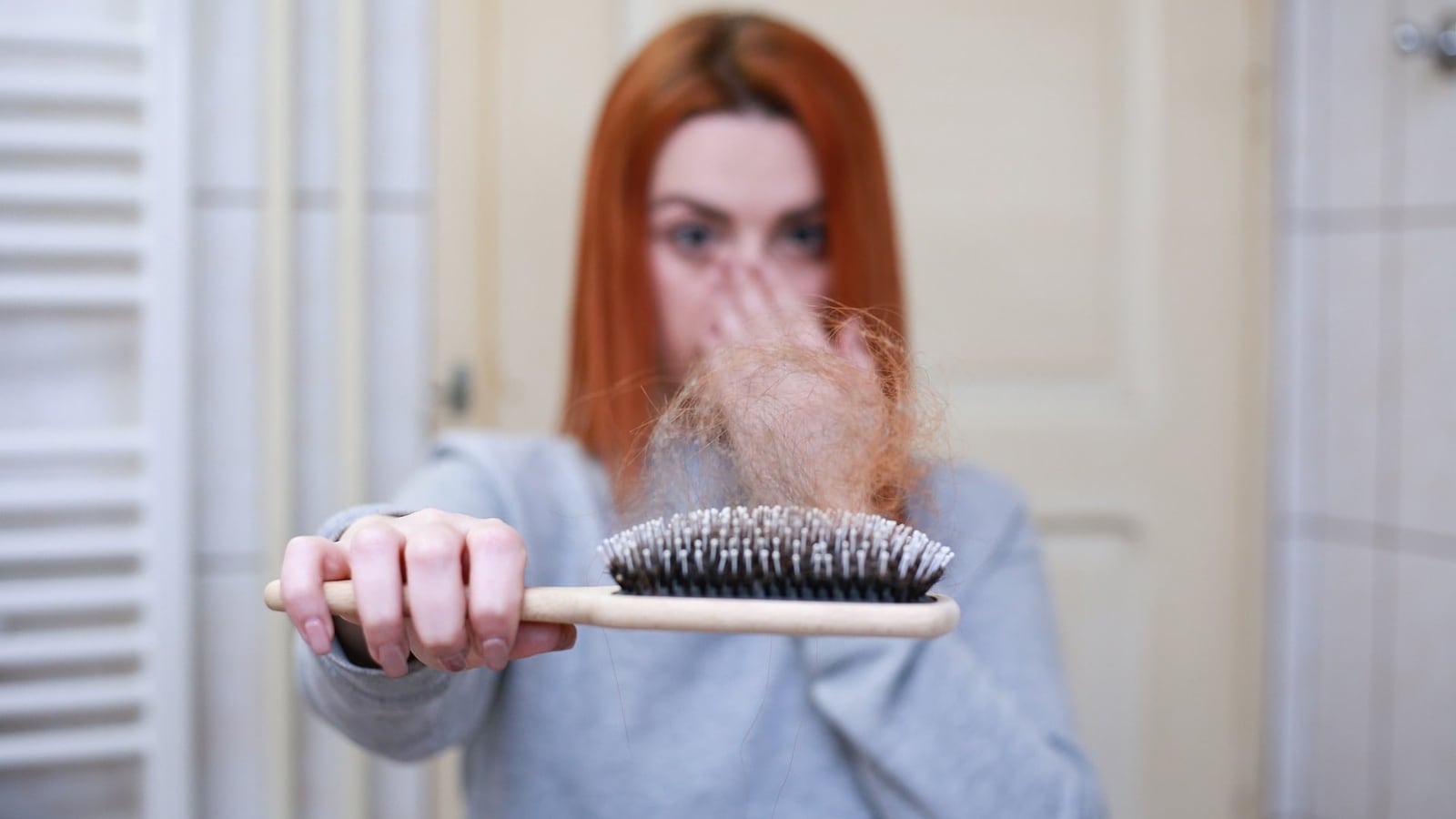‘A good/bad hair day’ is a phrase that most of us have used at some point in life and this is a testimonial of the fact that how important hair is to a person’s emotional and mental health where hair loss affects both men and women. However, women face more distress and depression as compared to men because of lack of cosmetic acceptance.
In the modern world it is more common than ever to perceive a person based on his or her appearance where loss or lack of hair is something that people notice first. Good hair is equated to the ability of having the freedom to flaunt them and style them any way you want.
Psychologically hair is a part of ‘body image’ and any changes in that are directly connected to the thoughts, feelings and even behavioural changes of a person. Good hair on the head is seen as a sign of youth, vigour, sexual attractiveness and youthfulness while the most common psychological issues connected with hair loss comprise of stress, anxiety, depression, loss of confidence, low self-esteem, low sexual drive, social phobia and even suicidal thoughts.
Hair thinning has a negative impact on the psyche of an individual and more often than not causes frustration, jealousy, embarrassment and consciousness and all this mostly happens because of social pressure and it gets worse with all the misleading advertisements on social and print media about fast hair growth. In an interview with HT Lifestyle, Dr Rinky Kapoor, Consultant Dermatologist, Cosmetic Dermatologist and Dermato-Surgeon at The Esthetic Clinics, revealed, “A variety of reasons can cause hair fall such as genetic disorders, hormonal changes, ageing, childbirth, menopause, thyroid, chronic diseases, cancer treatments, insulin resistance, emotional and mental stress, lack of good diet etc. Out of these, emotional and mental stress are often both the cause and symptom of hair loss.”
The impact of hair loss is so much that it affects the daily routine life of most patients. They tend to hide their scalp under a cap or scarf, shy away from gatherings and drastically limit social activities and the societal shame associated with hair loss often causes them to lash out in anger and underperform at work and at home.
Dr Rinky Kapoor highlighted that patients usually suffer from two types of disorders because of hair loss and hair thinning:
1. Adjustment disorder – This is mainly concerned with the severity of hair loss and causes feelings of sadness and hopelessness. The patient is stressed and feels anxious about this change in his or her appearance and the daily routine is affected.
2. Personality disorder or the body dysmorphic disorder – The patients start to feel overwhelmed by the flaw in his or her body. This is the physiological reason to look better. Most patients who opt for hair treatments do so with the desire to improve the self-image.
As per a study on the ramifications of alopecia on the quality of life in the adult population in India, 800 people participated in the study (442 males and 358 females) and 30% males and 27% females admitted having a disturbed social life because of hair fall. They confirmed that they felt ashamed and frustrated because of alopecia.
Dr Rinky Kapoor explained, “Hair loss exhibits an iceberg phenomenon, which means that the clinical symptoms of hair loss and thinning of hair and balding which patients present with to the doctor are just a small part of the many issues associated with hair loss and the majority of the problem is actually the sociopsychological impact of hair loss on the different aspects of daily life of an individual. Women are more affected than men because the standards of beauty are more stringent for them. People suffering from alopecia often go through tough periods of stress and anxiety and shy away from even regular activities.”
She advised, “The prime need is to understand the interrelation between mental health and hair loss and its drastic effects on the patient’s life. Patients with underlying psychological conditions will never be happy with any hair fall treatment and therefore each patient needs to be counselled individually and in a nonincriminating manner by the treating doctor.” She suggested that they should be explained:
· Not every hair fall can be treated and not every available treatment may work in a particular case.
· While some hair loss is irreversible, treatment can be done to prevent further hair loss
· Hair loss treatments take about 3-6 months to show visible results
· Different treatments work for different patients, there is no tailor made timeline or solution
· Some treatments might need to be continued in long term to arrest hair loss
· The right diagnosis and the right treatment under supervision and guidance of a qualified physician is imperative to a successful outcome.
The hair health expert concluded, “Social education should also be prioritized as part of the treatment plans for hair loss. It is important that the patient as well as their family members, friends and society in general understand that hair loss is not something to be ashamed of and if consulted with a good doctor in time, it can be stemmed and even reversed. All the patient needs is patience.”


